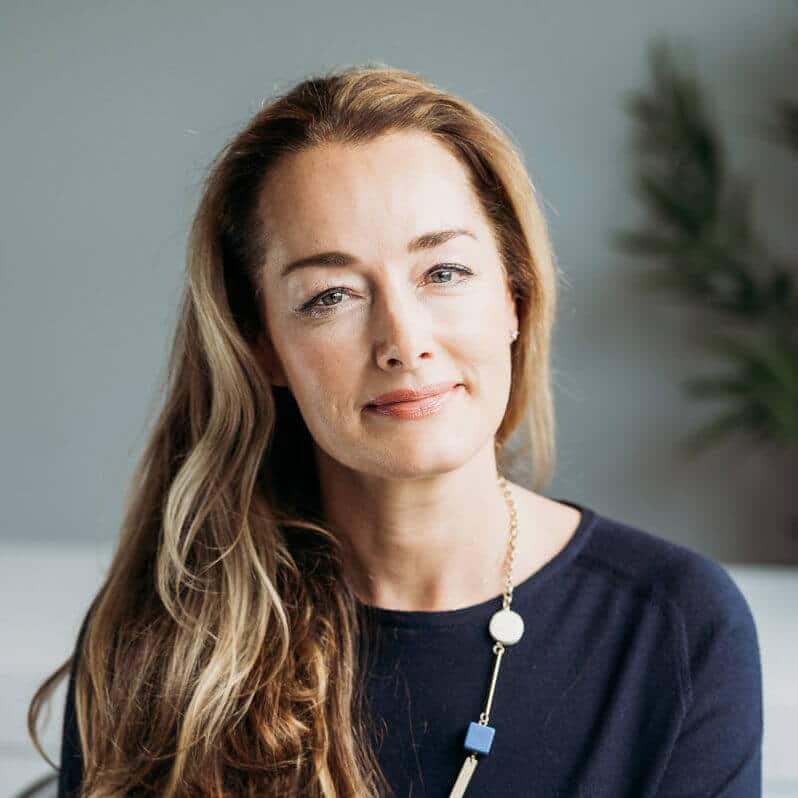
A desire to help and care for others lead me to train as a Mental health Nurse.
Whilst working in an acute inpatient Psychiatric hospital I noticed I was drawn to those clients who I felt could benefit from psychological help and not solely Psychotropic.
This motivated my training and subsequent practice in cognitive behavioural therapy and group therapy.
I completed a degree in Mental health nursing at Brunel University.
Much of my training as a therapist has happened ‘on the Job’ I completed my cbt training at Kingston university whilst working as mental health nurse In 1999.
In the years to follow I developed my skills as a group therapist.
In 2013 I trained in DBT with the Association for psychological therapies, and then with British Isles.
To increase my skills in helping people with Trauma I completed my training In EMDR.
I practice in DBT and CBT, I use EMDR with specific Trauma focused work.
I help my clients gain greater self-awareness, understanding the problems in their lives and maintaining factors.
We work on installing skills and increasing their resources to affect positive lasting change.
What sort of people do you usually see?
I work with adults of all ages, predominantly people seeking help with anxiety, PTSD and depressive symptoms.
Individuals presenting with impulsive and life-threatening behaviour who additionally want to be able to make changes.
I continue to learn about the human experience and affect change in people’s lives.
Listening and helping others move through difficulty is hugely rewarding.
I am currently trialling an app called ‘power flower’ designed on some of the principles of dbt, if I find it effective I will add it to my list of suggestions. I encourage my clients to do what works and helps increase their own awareness. There are some excellent self-help apps and books.
The pandemic has heightened my awareness of the need for connection with others and with nature. I take long walks three to four times a week both on my own and with others. Keeping non-scheduled time in my week to not do!
That therapy is not ‘done to you’. It is important to view it as a collaboration.
The commitment to change and experiencing vulnerability can be both exhausting and empowering.
The therapeutic process like many things in life is about learning, growing, and making small changes that last.